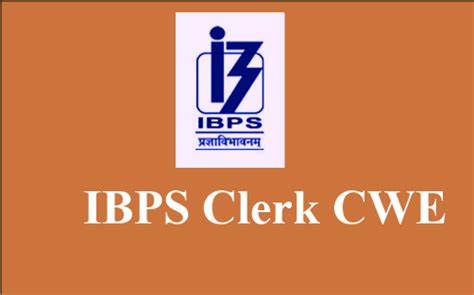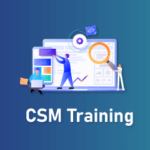The Quantitative Aptitude section is an important segment of any bank exam. Every year a good number of vacancies are released for the post of Clerk in various banking organizations. Recently the SBI Clerk 2022 notification has been released which is a great opportunity for the bank aspirants. The Quantitative Aptitude section, if prepared well, can prove to be a highly scoring section in all bank exams. IBPS Clerk is another major banking exam after SBI Clerk.
Today, we will discuss how you should prepare for the Quantitative Aptitude section of all bank clerk exams such as SBI Clerk 2022, IBPS Clerk, etc. and score good marks in this section.
Preparation Tips for Quantitative Aptitude
The Quantitative Aptitude section is one of the most trickiest but scoring sections in all the online bank exams. Speed and accuracy play the most important role for scoring well in this section. The two most important bank clerk exams awaited by all the banking aspirants are SBI Clerk and IBPS Clerk. Let us now see how you should prepare the individual topics of the Quantitative Aptitude section for the SBI Clerk 2022 and IBPS Clerk exam. If you wish to receive more information and proper guidance, you can easily explore more such useful articles with preparation tips along with other helpful study resources at BYJU’s Exam Prep.
1. Number Series
- Have a thorough understanding of the common patterns of the number series questions. Here are some of the common patterns that are asked in the exams:
(a) Square/Cube Series
(b) Multiplication or Division Series
(c) Prime Numbers
(d) Addition/ Difference based Series
(e) Double step based series
(f) Alternate term series
(g) Series involving combination of arithmetic functions - Practice at least 10-15 sets of the number series questions regularly, so that you get comfortable at identifying the patterns in the given series.
2. Quadratic Equations
- Practice Factoring as well as Formula-based questions properly.
- Students are often confused while marking the options in these questions. So, compare both the roots of each variable properly and then establish the relationship between the two. Don’t mark your answers based on a single root of the equation.
- Proper practice of quadratic equation based questions on a regular basis will easily fetch you 5 marks in the exam.
3. Simplification/ Approximation
- Practice is the only way to ace this topic.
- Attempt questions based on BODMAS rules regularly.
- Read the questions thoroughly before attempting the questions to ascertain if you need to calculate the approximate value or the exact value.
4. Mathematical Inequality (Quantity-based questions)
- The questions of mathematical inequality are quite easy to attempt.
- You just need to calculate the values of the given quantities, compare them and establish the relationship between them.
- Questions of mathematical inequality may be based on any topic of the Quantitative Aptitude section, ranging from quadratic equations to any topic of the arithmetic section.
- So, to attempt the questions of mathematical inequality, you should be very clear of the remaining topics of the quant section.
5. Data Sufficiency
- Data Sufficiency topics again are based on the other topics of the Quantitative Aptitude section.
- You need to identify whether the data of which given statement would be sufficient to yield the required answer.
- Remember, you do not need to calculate the exact values in these questions. So, don’t solve the complete question given in the statement, rather just check if it would be sufficient to give you the required answers.
6. Miscellaneous Arithmetic Questions
- A major chunk of the Quantitative Aptitude section of SBI Clerk & IBPS Clerk would comprise of miscellaneous arithmetic problems.
- Now, these questions are usually time-consuming when compared with the other topics of this section, but in order to increase your quant score, you need a thorough practice of these topics.
- First, clear your basics of the different arithmetic topics. These are:
(a) Problem on ages
(b) Boats and Streams
(c) Simple & Compound Interest
(d) Profit, Loss and Discount
(e) Time, Work and Wages
(f) Mixtures and Alligations
(g) Pipes and Cisterns
(h) Time, Speed and Distance
(i) Partnerships
(j) Percentages
(k) Ratio and Proportion
- Attempt questions based on these topics regularly and do go through the solutions of the questions provided. This will help you understand various shortcut approaches to solve these questions.





